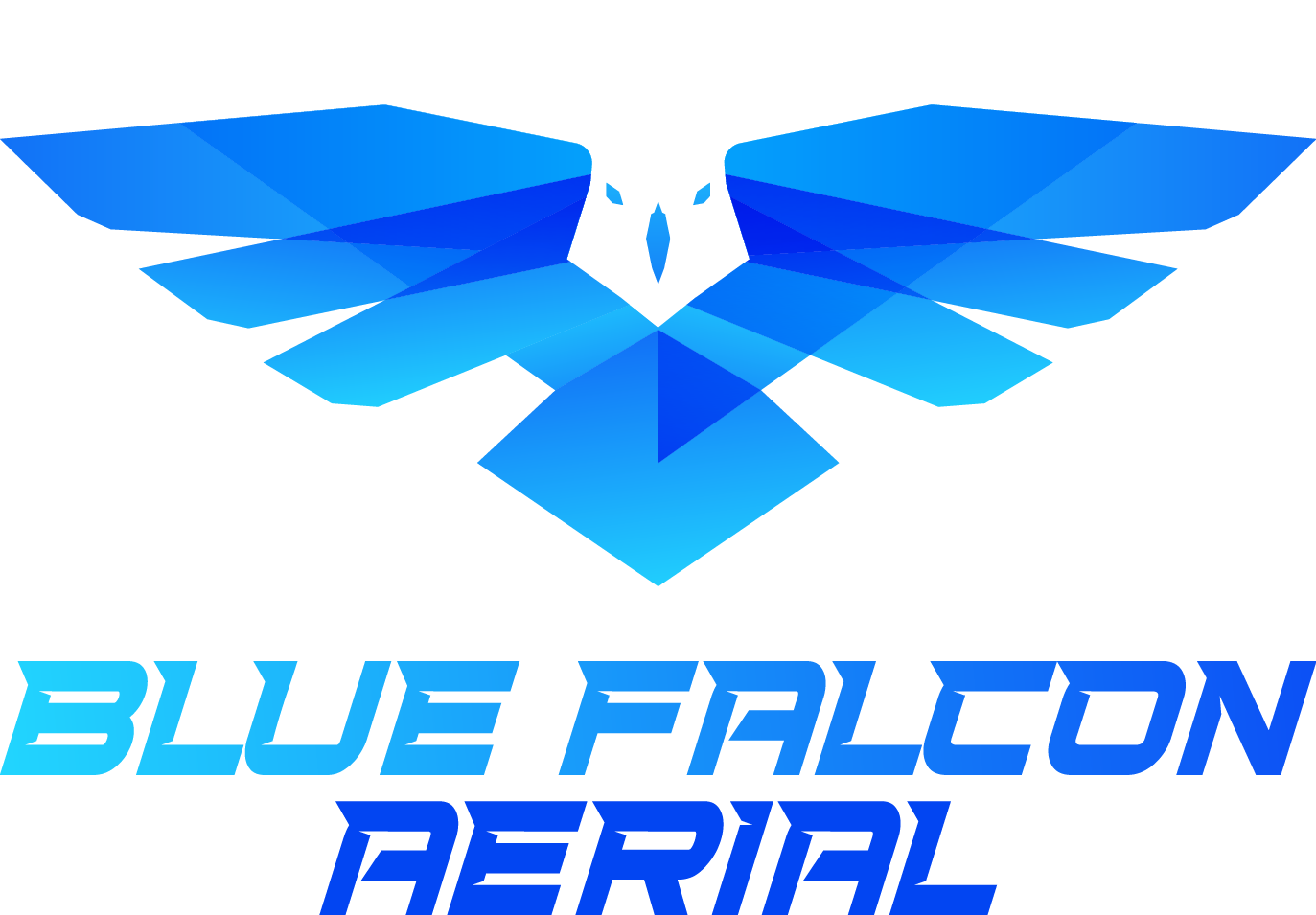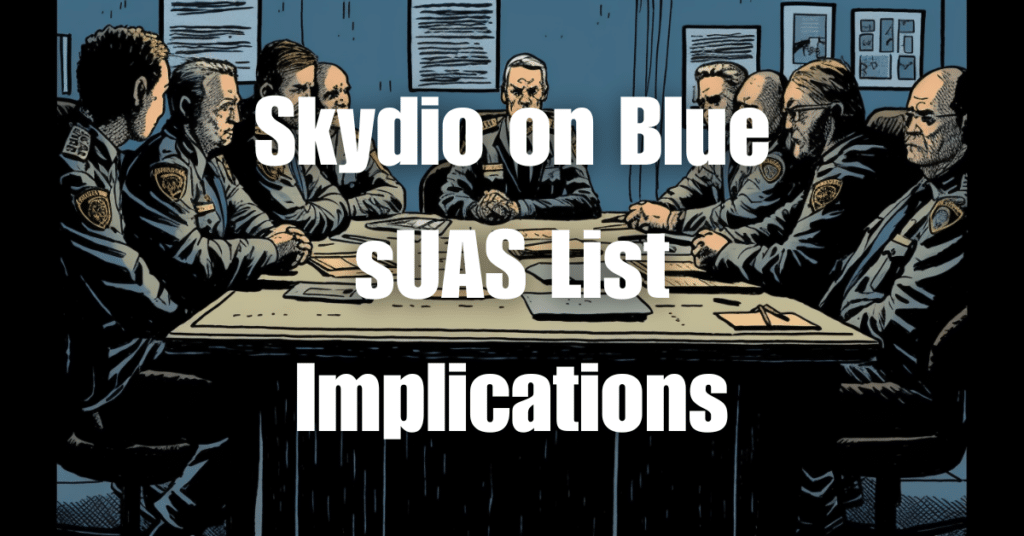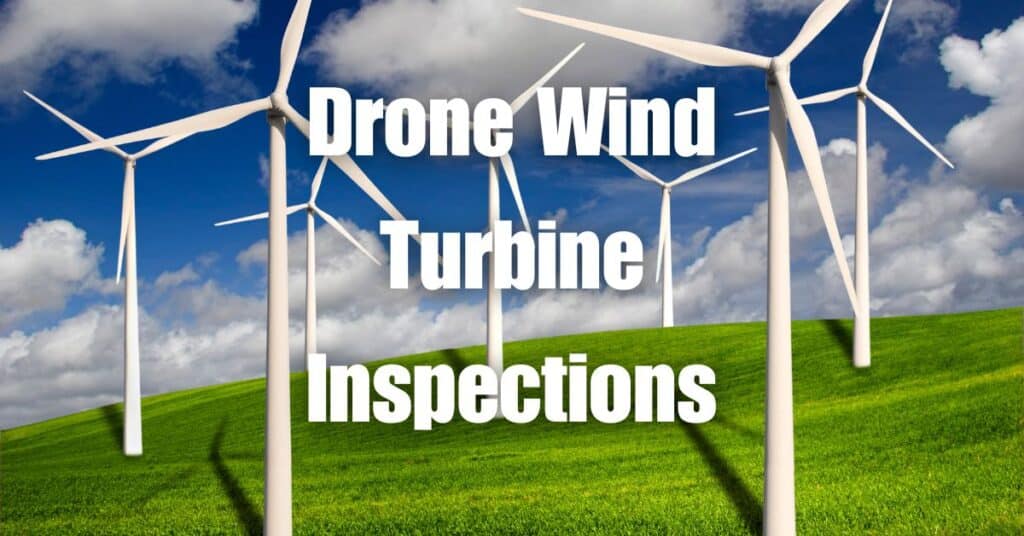As drone technology continues to evolve, the Blue sUAS list has become a significant topic of discussion within the industry. Established to promote trusted manufacturers and mitigate security concerns, the list has faced criticism, particularly regarding Skydio’s inclusion. This article delves into the Blue sUAS list, the concerns surrounding it, and the implications for drone manufacturers and users.
Understanding the Blue sUAS List
The Blue sUAS list is a selection of trusted drone manufacturers, compiled by the U.S. Department of Defense, for use by the U.S. government and its allies. The list aims to address security concerns and offer alternatives to Chinese-made drones, which have been banned due to potential risks. Inclusion in the list allows manufacturers to participate in lucrative government contracts and provides a stamp of approval for their products.
Why the List Matters
The Blue sUAS list is crucial for several reasons:
- Security: The list ensures that drones used by the U.S. government and its allies come from trusted sources, reducing security risks.
- Market Advantage: Companies included in the list have a competitive edge in the market, as their products are deemed reliable and secure.
- Industry Standard: The list sets a standard for the drone industry, encouraging manufacturers to prioritize security and meet specific criteria.
Concerns about the Blue sUAS List
Despite its intentions, the Blue sUAS list has faced criticism for several reasons:
- Lack of Transparency: The selection process for the list is not entirely transparent, leading to doubts about its credibility.
- Limited Options: The list is relatively small, offering limited options for government agencies and other users.
- High Costs: Drones from manufacturers on the list tend to be more expensive than their Chinese counterparts, making it difficult for some users to justify the higher costs.
The Skydio Controversy
Skydio, an American drone manufacturer, has faced scrutiny for its inclusion in the Blue sUAS list. Critics argue that the company is being “pimped” by the government due to its connections with influential figures. They claim that other manufacturers have been overlooked, despite producing more capable and cost-effective drones.
Analyzing the Claims
While the concerns raised by critics are valid, it’s essential to consider the following:
- Skydio’s Technical Capabilities: Skydio’s drones are known for their autonomous capabilities and advanced technology, which may justify their inclusion in the list.
- Security and Privacy: Skydio emphasizes security and privacy in its products, making it a suitable choice for government applications.
- Made in the USA: Skydio manufactures its drones in the United States, aligning with the list’s goal of promoting American-made drones.
The Way Forward
While the Blue sUAS list has faced criticism, it’s essential to recognize its potential benefits in promoting security and encouraging industry growth. The list can be improved by addressing transparency concerns and broadening the range of manufacturers included. This will provide users with more options and allow the industry to thrive.
Conclusion
The Blue sUAS list and its impact on the drone industry are complex topics. To better understand the industry and how to succeed in it, we encourage you to read our comprehensive guide: Soaring High: A Comprehensive Guide to Building and Growing Your Drone Business.
If you need assistance with a LiDAR or Orthomosaic project or have questions, please don’t hesitate to contact Blue Falcon Aerial. Our team is composed of experienced drone pilots and industry experts who can provide valuable insights and support. As the drone industry continues to evolve, it’s important to stay informed and adapt to changing regulations and technologies. By working together and addressing concerns, we can promote a safer, more secure, and thriving drone industry.




